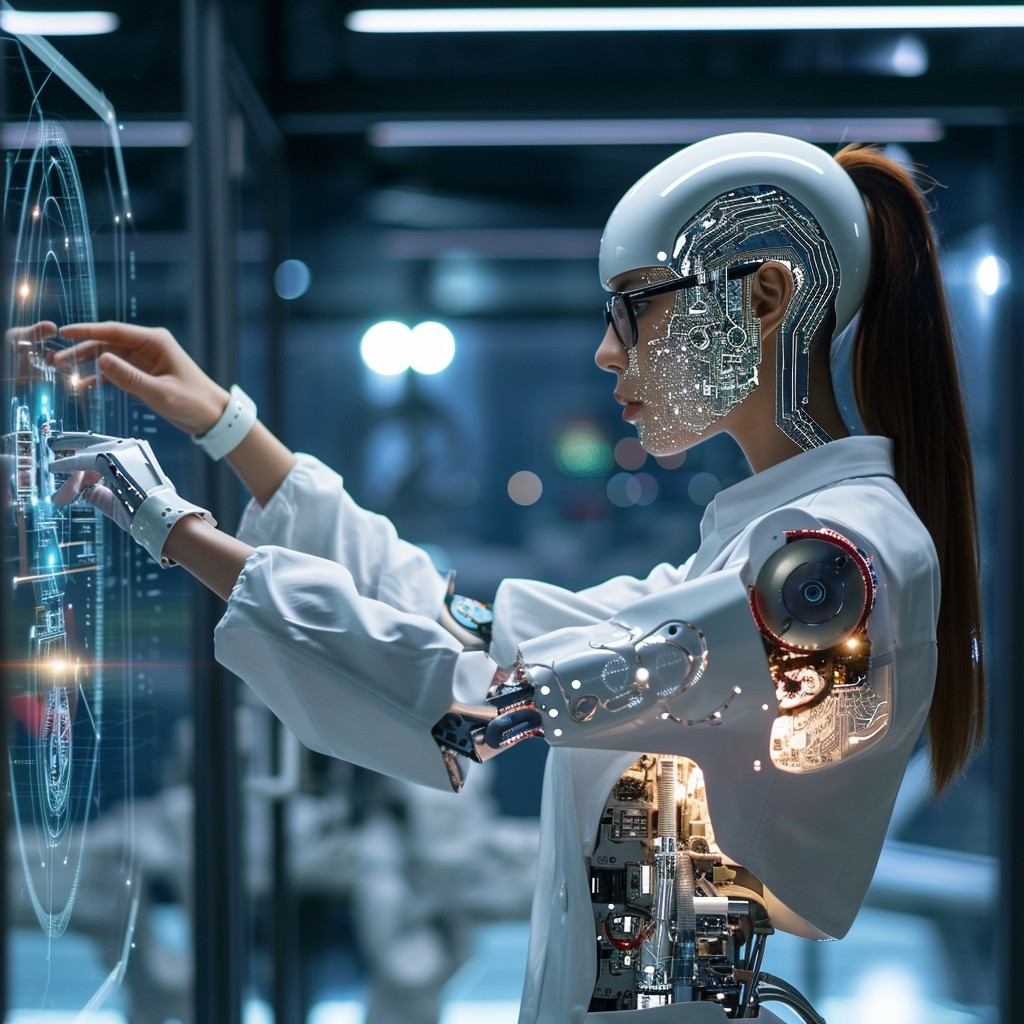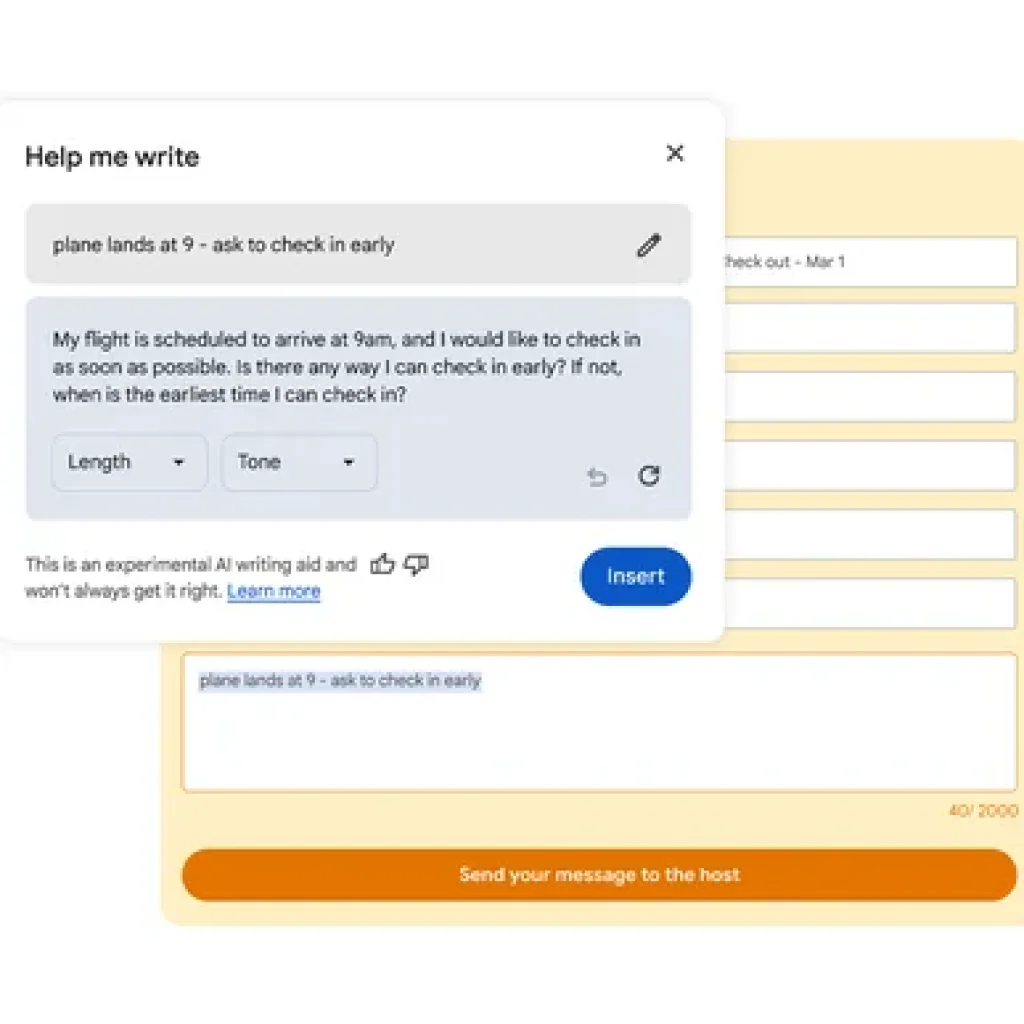In a recent interview with Business Insider at the World Economic Forum in Davos, Ravin Jesuthasan, a global leader for transformation services at Mercer, shared his insights on integrating artificial intelligence (AI) into the workplace.
Jesuthasan cautioned against the belief that AI would instantly revolutionize productivity, emphasizing the need for a strategic and human-centric approach to harness its potential.
AI’s role in workplace transformation
Jesuthasan acknowledged the growing interest in AI to boost productivity and reduce costs in the business world. However, he emphasized that AI’s implementation requires more than simply “sticking in this technology” and expecting immediate results. Instead, he stressed the necessity of redesigning work processes and considering the broader work environment to unlock the full potential of AI.
The Mercer executive pointed out a prevailing challenge: many corporate leaders lack the appropriate mindset to reshape work processes with a human-centric approach. He cautioned against solely pursuing profit-driven motives and encouraged leaders to prioritize a thoughtful redesign of work processes to benefit both employees and the organization.
Jesuthasan highlighted the significance of actively engaging the workforce during AI integration. He argued that success lies in rethinking work structure and ensuring employees are actively involved. The journey to harness AI’s benefits, according to Jesuthasan, requires collaboration and dialogue between leaders and their teams.
Slow adoption of AI
Despite the hype surrounding AI’s potential, Jesuthasan noted that many companies have been slow to embrace the technology. Some have introduced AI-backed tools to enhance productivity, but widespread integration has been gradual. Prominent organizations like AT&T and Deloitte have ventured into this domain, but the industry has yet to harness AI’s capabilities fully.
While business leaders have often focused on AI’s potential for productivity gains and cost-cutting, employees have found creative ways to leverage AI tools in their daily routines. Without official authorization, workers sometimes turn to AI-based solutions like ChatGPT to handle additional tasks and responsibilities.
Jesuthasan believes that AI has the potential to be revolutionary for the workforce, but only if it is integrated correctly and holistically. This involves more than just implementing technology; it requires a comprehensive reassessment of work structures and leadership mindset.
Strategies for effective AI integration
To successfully integrate AI into the workplace, Jesuthasan suggested the following strategies:
Redesign Work Processes: Companies should invest in redesigning work processes with a focus on human-centric values, making work more efficient and engaging.
Engage the Workforce: Involving employees in the AI integration process is essential. Their insights can contribute to a more seamless and effective transition.
Mindset Shift: Corporate leaders should shift their mindset from a narrow profit-driven approach to one that prioritizes the well-being and satisfaction of their workforce.





